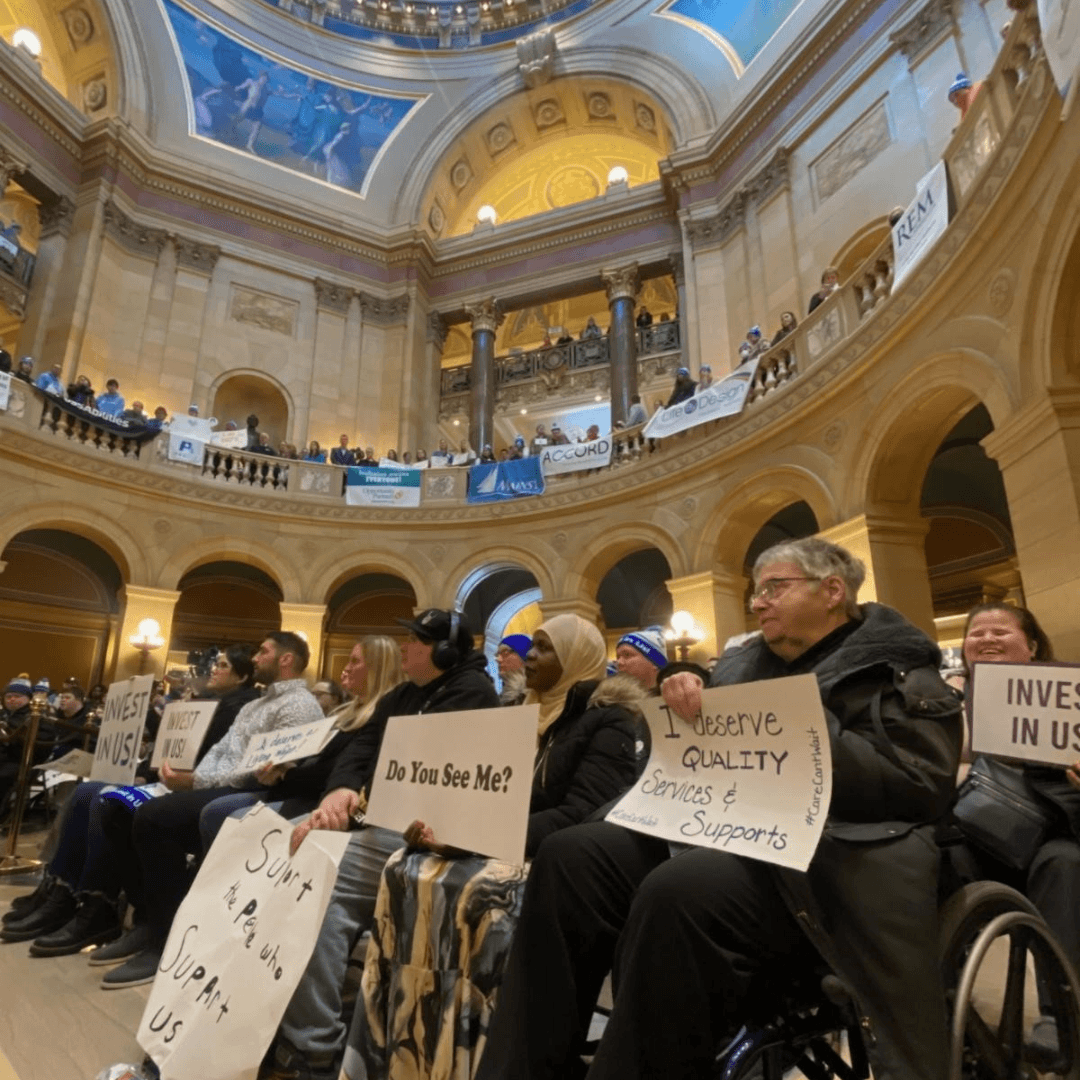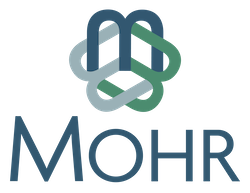
MOHR’s board has approved the 2025 Government Affairs workplan, setting the stage for the organization’s work going into what could be an unusual legislative session. Not only is this session a budget year, it could mark the first even split in the house since 1979, pending the outcome of automatic recounts.
Speaker Melissa Hortman and Minority Leader Lisa Demuth are promising bipartisanship in this session, as they consider how to implement a power-sharing agreement if the even split remains.
The election also means new legislators in some districts served by MOHR’s members, as well as a return of veteran legislators who may have new committee assignments. MOHR’s priorities will be familiar to many lawmakers who have MOHR members in their districts.
Focus Area 1
MOHR’s first area of focus remains our work to continue strengthening the Disability Waiver Rate System (DWRS) to reflect the true cost of providing access to meaningful employment and day support services for Minnesotans with disabilities. Specifically, MOHR will focus on staff wages as well as the cost of transportation and some of the new employer requirements.
While great strides were made in the biennium ending this summer, particularly in 2023, the current DWRS still lags behind where it should be.
Focus Area 2
Our second area of focus is work to enhance the critical employment supports provided to Minnesotans with disabilities through the Extended Employment service provided through the Minnesota Department of Employment and Economic Development (DEED). MOHR is advocating for stability in funding as well as addressing processes and paperwork that create confusion and challenges for our members.
Focus Area 3
Our third priority is innovation and streamlining to promote system-wide policy and funding reforms that will move Employment and Day Services forward. That includes work with DHS to eliminate redundancies, and re-evaluate requirements that no longer serve their intended purpose.
Focus Area 4
MOHR will continue to respond to any external legislative and state-level government initiatives that directly impact MOHR services and people served. That includes looking for grant opportunities that might arise, monitoring and sharing information on Waiver Reimagine, and our regular engagement with DHS.
Your Role
This gives you a high-level look at MOHR’s workplan for 2025. A more detailed look was shared with MOHR’s members October 22 via email. The information is also being shared at regional meetings that have been underway since that date.
Members of the Government Affairs Committee (GAC), other MOHR leaders and members and our lobbyists at Fredrikson will have a strong presence in St. Paul and will maintain regular communication with DHS to help these initiatives move forward. We can’t overstate how effective our members can be when they contact their own state representatives and state senators, both to build relationships, and also to help them see firsthand the work you do, and how the decisions they make at the legislative level impact their constituents who have disabilities.
This is an ideal time to be doing that work, starting before legislators begin their session January 14, and continuing through the session itself. MOHR members and the people they serve will also have an opportunity to show their numbers and have legislators hear their voices at the upcoming Disability Services Day at the Capitol in March. You can keep up to date with legislative events by subscribing to your state legislators’ newsletters, regular updates through MOHR, and media that focuses on people with disabilities.
